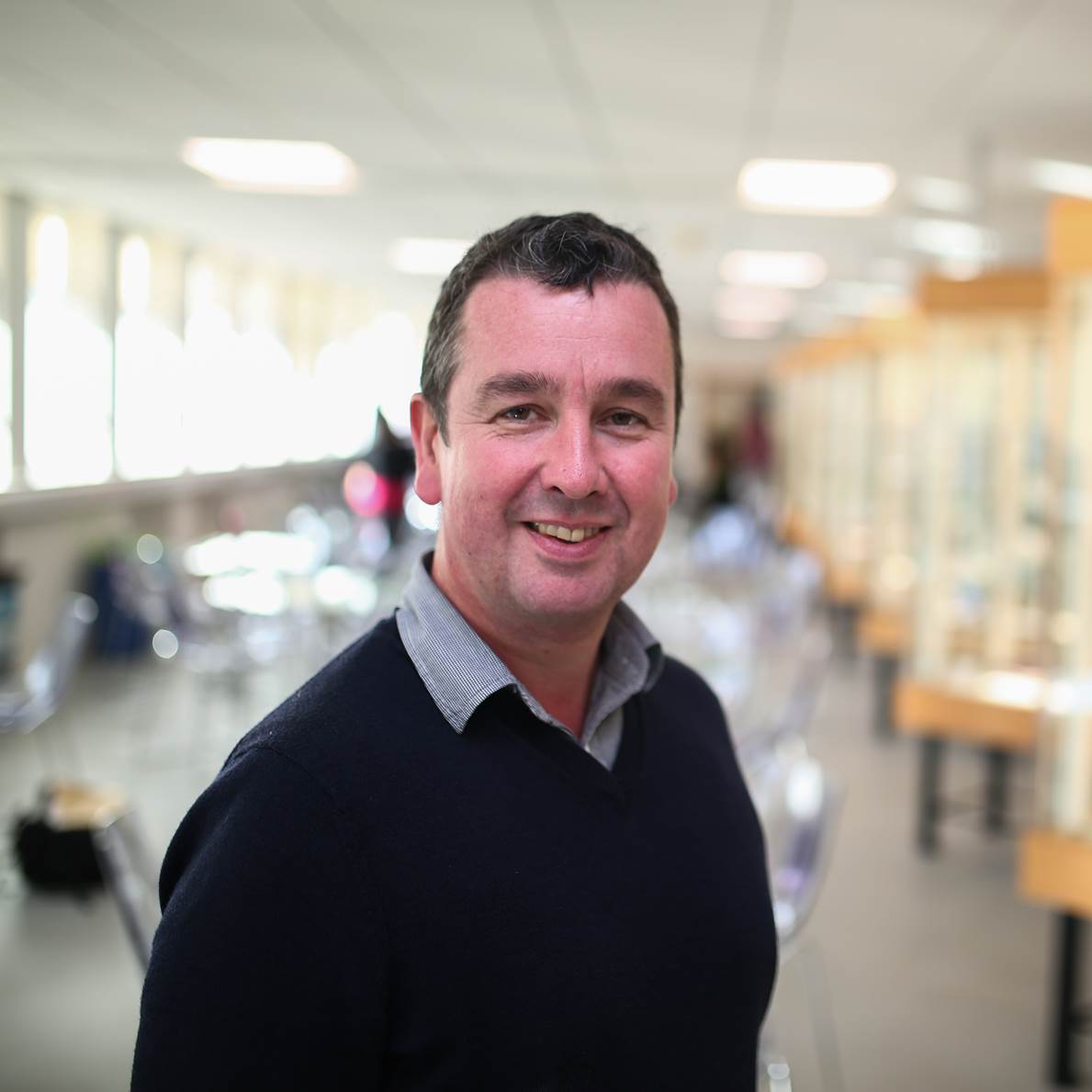How MAPP is helping deliver on the promise of advanced powders
 Anyone who works with advanced powder processing in manufacturing is familiar with the challenge of achieving consistent results using variable materials. Tackling this issue and delivering on the promise of powder-based processes are some of the key objectives behind the EPSRC Future Manufacturing Hub, MAPP. University of Sheffield’s Iain Todd, talks powder, collaboration and crisp packets.
Anyone who works with advanced powder processing in manufacturing is familiar with the challenge of achieving consistent results using variable materials. Tackling this issue and delivering on the promise of powder-based processes are some of the key objectives behind the EPSRC Future Manufacturing Hub, MAPP. University of Sheffield’s Iain Todd, talks powder, collaboration and crisp packets.
You can argue that the idea for forming the MAPP (Manufacturing using Advanced Powder Processes) Hub began with a packet of crisps. In 2015, I was attending a session on variability in manufacturing at a food-focused conference in Cambridge when someone made an interesting comment that stuck with me: ‘potatoes come in all shapes and sizes and yet we are still able to make packages of crisps that look and taste the same each time.’
With a background in materials processing, I immediately drew a comparison between the potatoes and metal and polymeric powders – they are all variable materials. Generally speaking, putting variable materials through a fixed process will achieve a variable outcome. By accepting the variation of the starting material (like potatoes or powder) and varying the manufacturing processes, however, we can achieve relative consistency (like packets of crisps).
Register now to continue reading
Thanks for visiting The Engineer. You’ve now reached your monthly limit of premium content. Register for free to unlock unlimited access to all of our premium content, as well as the latest technology news, industry opinion and special reports.
Benefits of registering
-
In-depth insights and coverage of key emerging trends
-
Unrestricted access to special reports throughout the year
-
Daily technology news delivered straight to your inbox










Breaking the 15MW Barrier with Next-Gen Wind Turbines
Hi Martin, I don´t have any detailed parameters for the 15MW design other than my reading of the comment in the report ´aerodynamic loads at blade-tip...